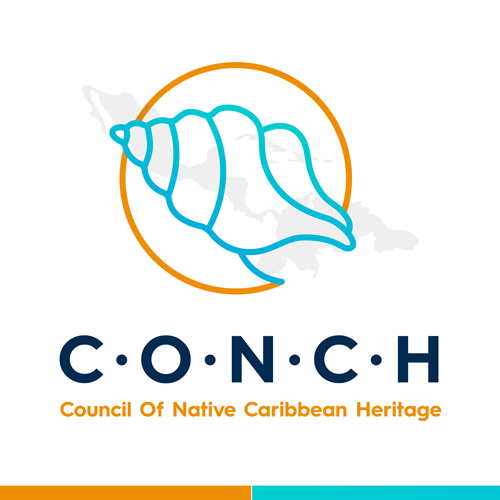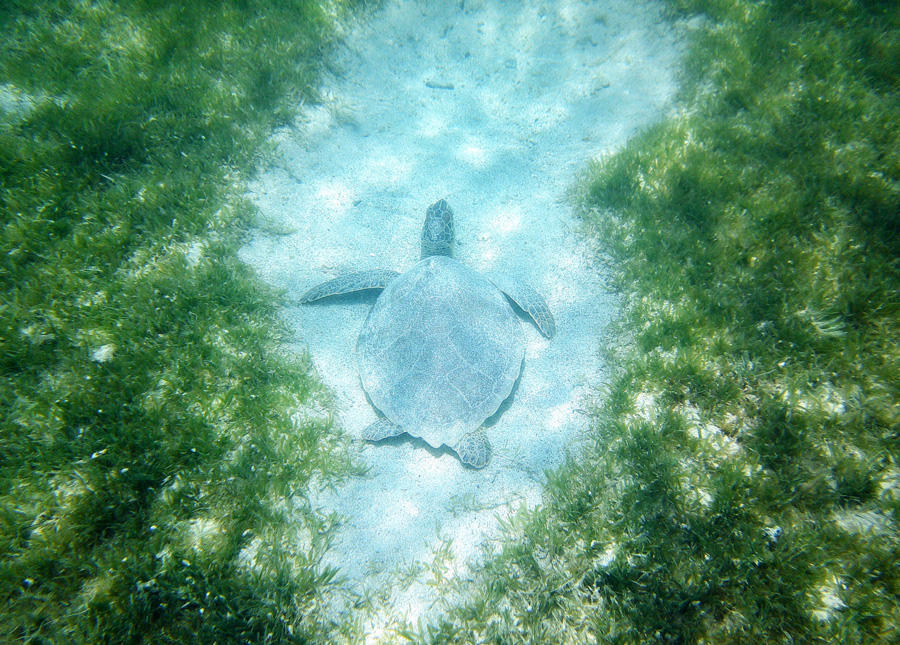

Taino is among the many tribes that have been told do not exist. With the modern advent of DNA testing, we have come to understand that this is not the case.
Meet our Team MembersWe seek to “certify” ancestral trees that demonstrate an individual is a direct descendant of the Taino through the review of official documents submitted by applicants.
Supporting a much-needed college education for individuals and tribes in the Native Caribbean community.
Intertribal exchanges are a cornerstone of our mission. We encourage all activities that foster unity amongst the various Tribes in the Caribbean.
We seek to create an expansive Indigenous archive of genealogical records that identify our Caribbean heritage in official documents.
We seek to assist others in connecting with their ancestral roots through powerful software applications that allow the individual to compare their DNA to samples obtained from ancient remnants.
We seek to provide opportunities to share knowledge in the use of traditional medicine through the identification of common benefits of plants within the region.
Our mission is to reverse the process of what is known as the “Paper Genocide” which refers to the government-sanctioned erasure of a culture. Historically, European colonizers tried to erase the identity of indigenous populations of the Caribbean, by forcing assimilation into the dominant colonial culture. This is a process known as “Acculturation”, where the dominant culture erases the subordinate people's identity through a process of limiting documentation of a population’s history. The language is lost, religious customs abandoned, and ultimately a cultural identity is erased. An example of this process occurred in Puerto Rico when the Tainos were not allowed to register their race/ethnicity on official census documents. The option only existed for in the Spanish Caribbean as “Blanco, Negro, or Mulatto” (White, Black, or Mixed). We seek to prove that the First Nations of the Caribbean have not become extinct but survived and encourage intertribal exchanges.
We at the C.O.N.C.H (pronounced konk or konch) seek to assist members of the Native Caribbean community to dig deep into their roots. We encourage individuals to construct their family tree, and if willing, to undergo genetic testing. We seek to undo the legacy of the “Paper Genocide” that ravaged our culture and seek to help those who desire to find out more about their Native Caribbean heritage. We are a non-profit organization, registered in the State of North Carolina. Our team has over 50 years of experience combined searching for genealogical records in the Caribbean and beyond.

The Council of Native Caribbean Heritage (C.O.N.C.H) is a non-profit organization that works with indigenous Caribbean communities to bring awareness to their existence, cultures, and languages. Co-founded by its president, Juan Ramon Aviles Morales, MD, C.O.N.C.H initially started as Taino DNA & Genealogy in 2019. We have since expanded the organization under the current name, C.O.N.C.H., to help other Caribbean tribes. We are committed to recognizing and representing the Caribbean heritage of the First Nations of the Caribbean.
C.O.N.C.H has been in existence for about four years. As an indigenous organization that caters to a new identity for the First Nation peoples of the Caribbean, we are passionate about having our voices heard. We strive to help foster intertribal exchanges to assist with undoing the paper genocide – governmental policies orchestrated with the intention of erasing our existence.
There are over 200 tribes that call the Caribbean home. Taino is among the many tribes that have been told do not exist. With the modern advent of DNA testing, we have come to understand that this is not the case. We lost our language but we are trying to revive it, and many of our customs have been lost.
In the spirit of authenticating and fortifying the existence of our native tribes, we have coordinated an event to present the findings to our community from a Harvard Medical School research team under Dr. Reich, which includes sequencing the DNA of ancient remains that pertained to the Taino community. We received an acknowledgment in the final research article when it was published. Dr. Juan Aviles was also interviewed by the New York Times regarding the research findings.
As a premier informational online resource, C.O.N.C.H. serves as a comprehensive educational tool to be used and shared by everyone. Through traditional genealogy and modern genetic testing, we seek to raise awareness within our people while fostering a sense of community throughout the various tribal groups in the Caribbean region. Some of our organization’s core projects include the Condor Eagle Project, the Gedmatch Ancestor Project, the Konaow’adahi Society, the Indigenous Archive Project, The College of Native Caribbean Heritage, and the Taino DNA & Genealogy Project.
We seek to “certify” ancestral trees that demonstrate an individual is a direct descendant of the Taino through the review of official documents submitted by applicants.
Jenyuwö means “Education” in the Cabécar language. Funds are sent to pay for the college education of individuals and those learning traditional healing practices within the Cabécar reservation in Costa Rica.
Intertribal exchanges are a cornerstone of our mission. We encourage all activities that foster unity amongst the various Tribes in the Caribbean.
We seek to create a Caribbean expansive archive of genealogical records that identify the First Nation Peoples of the Caribbean in official documents.
We seek to assist others in connecting with their ancestral roots through powerful software applications that allow the individual to compare their DNA to samples obtained from ancient remnants.
We seek to provide opportunities to share knowledge in the use of traditional medicine through the identification of common benefits of plants within the region.
Atabey is cited as the Taino's supreme God (i.e., Zemi, Cemi). Pregnant women prayed to Atabey to ensure a safe childbirth.